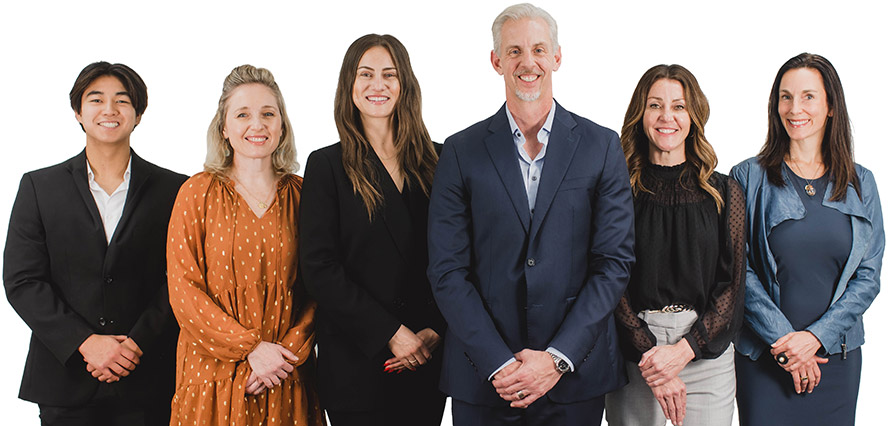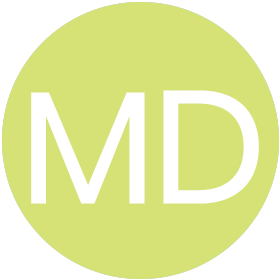Home / Mortgage Loan Types / Adjustable-Rate Mortgage / Conventional / FHA / Fixed-Rate Mortgage / Jumbo / Refinance / Renovation / Reverse Mortgage / USDA / VA
REVERSE MORTGAGE
Retire in a Home that’s Right for You
A reverse mortgage can be used to turn a portion of the equity in your home into cash that can be used for many different purposes that may enhance and extend your retirement. If you currently have a mortgage, a reverse mortgage could eliminate your mortgage payment (taxes and insurance must still be paid, and the home maintained), and also allow you to access any additional equity (over and above your mortgage balance), to create accessible cash which is not readily available while in the form of home equity. You have spent many years putting your money into your home equity, and now with a reverse mortgage, you may be able to convert some of that equity into tax-free cash.*
*This information does not constitute tax advice. Please consult a tax advisor regarding your specific situation.

Reverse Mortgage Eligibility
- Borrower(s) must be 62 years or older
- Must be homeowner and either own home outright or have significant equity; must live in home as primary residence (live there 6+ months per year)
- Property must be a single-family home, 2- to 4-unit dwelling or FHA-approved condo
- Must meet minimal credit and property requirements
- Must receive reverse mortgage counseling from a HUD-approved counseling agency
- Must not be delinquent on any federal debt
Potential Advantages of a Reverse Mortgage
Receive money from your home equity which is usually tax free.*
A reverse mortgage can be used to turn a portion of the equity in your home into cash that can be used for many different purposes. You can receive your loan proceeds in a lump sum, line of credit, monthly cash flow payment or a combination of all three. However, if you choose a line of credit, you may have the option of paying down the line if you want to have less cash and increase your equity.
* This information does not constitute tax advice . Please consult a tax advisor regarding your specific situation.
Eliminate your monthly mortgage payment.
With a reverse mortgage, you will not be required to make a monthly payment during your lifetime as long as you live in your home, pay taxes and insurance, and maintain the home (and pay HOA fees, if applicable).
Never owe more than what the home is worth.
When you permanently move out of your home, whether you sell it or pass away, neither your estate nor your heirs are responsible to pay the deficit if the balance owed on your reverse mortgage exceeds the home value. If your heirs want to keep your home, they can purchase it for 95% of the current appraised value.
* There are some circumstances that will cause the loan to mature and the balance to become due and payable. Borrower is still responsible for paying property taxes, insurance and maintenance (and HOA fees, if applicable). Credit is subject to age, property and some limited debt qualifications. Program rates, fees, terms and conditions are not available in all states and subject to change.
Bridge the Medicare gap from age 62 to 65.
Many seniors delay retirement until they are 65, because they cannot afford to pay for their health insurance before Medicare kicks in. By utilizing proceeds from a reverse mortgage, you can avoid paying income tax on money drawn from your IRA or other accounts to help keep your retirement funding plan* in place without diminishing your current assets.
* This information does not constitute financial planning advice. Please consult a financial planner regarding enhancements to retirement plans.
Pay for long-term care expenses.
With the proceeds from a reverse mortgage, you could purchase long-term care insurance to handle these expenses without losing your home in the process
Types of Reverse Mortgages
Proprietary Reverse Mortgages
Private loans backed by the companies that develop them.
Home Equity Conversion Mortgages (HECMs)
Federally-insured reverse mortgages backed by the U. S. Department of Housing and Urban Development (HUD). HECM loans enable you to withdraw a portion of your home’s equity and can be used for any purpose. How much you can borrow with a HECM or proprietary reverse mortgage depends on several factors, including:
- your age
- the type of reverse mortgage you select
- the appraised value of your home
- current interest rates, and
- a financial assessment of your willingness and ability to pay property taxes and homeowner’s insurance.
Home Equity Conversion Mortgage for Purchase (H4P)
An H4P (a type of HECM backed by the FHA) enables senior homebuyers to purchase a new primary residence that better suits their needs and obtain a reverse mortgage in one transaction. You can use an H4P if you are able to use cash on hand to pay the difference between the HECM proceeds and the sales price plus closing costs for the property you are purchasing. This type of HECM reverse mortgage, if it is offered in your area, may allow you to:
- Build a new customized home
- Relocate closer to friends and family members
- Purchase a home in senior housing community
- Downsize to a smaller, easier-to-maintain home
- Purchase a primary residence suitable for your current needs
- Move into a new home that’s easily accessible with modern amenities
To learn more about reverse mortgages, please schedule a call today!
Thinking of buying a home? Learn more about the home buying and mortgage process. Most importantly, get tips on how to avoid pitfalls and guarantee a smooth experience.

Have your FREE Mortgage Dad Home Buyers Guide delivered directly to your inbox.
WHAT ARE CUSTOMERS ARE SAYING

PROMISE HOME LOANS
NMLS #: 2372318









